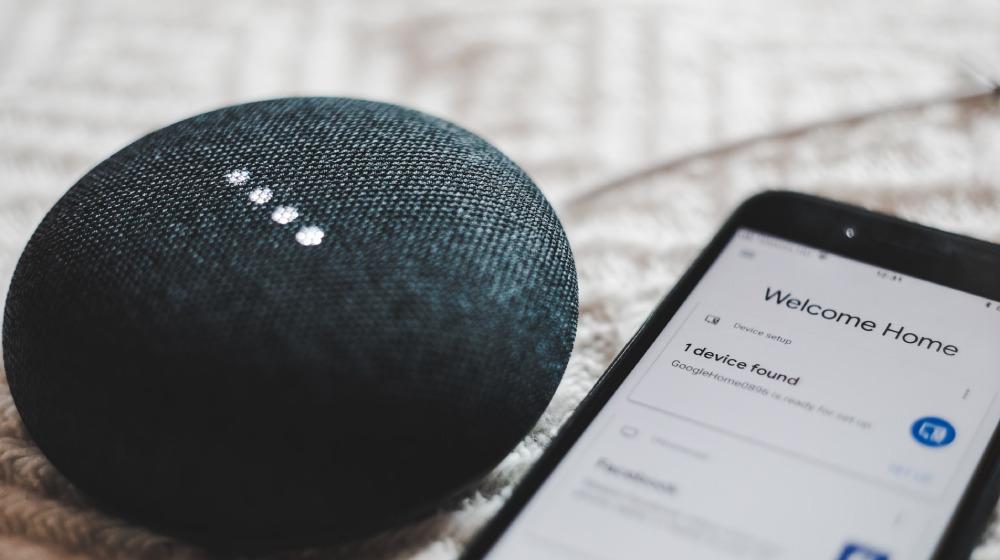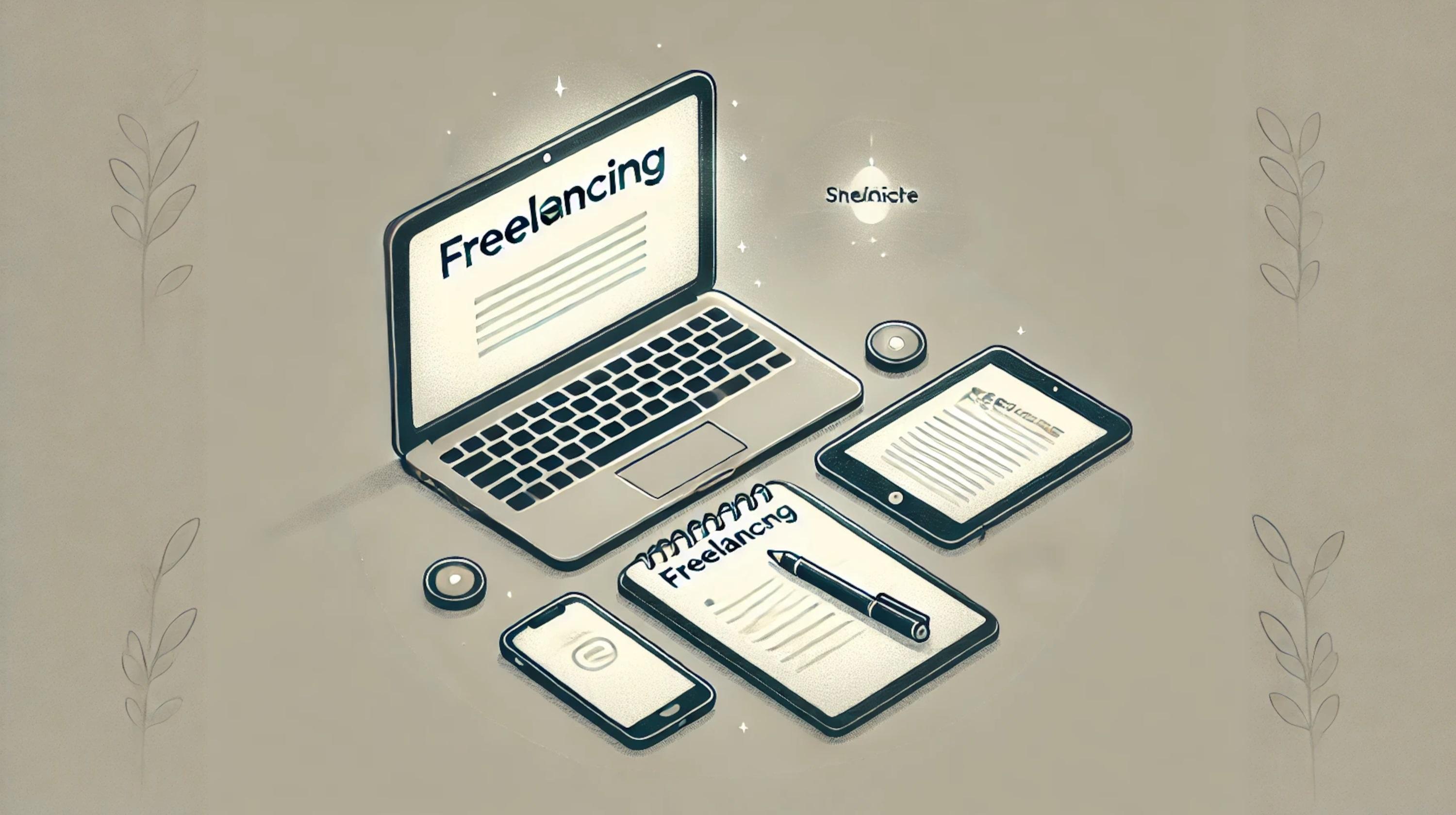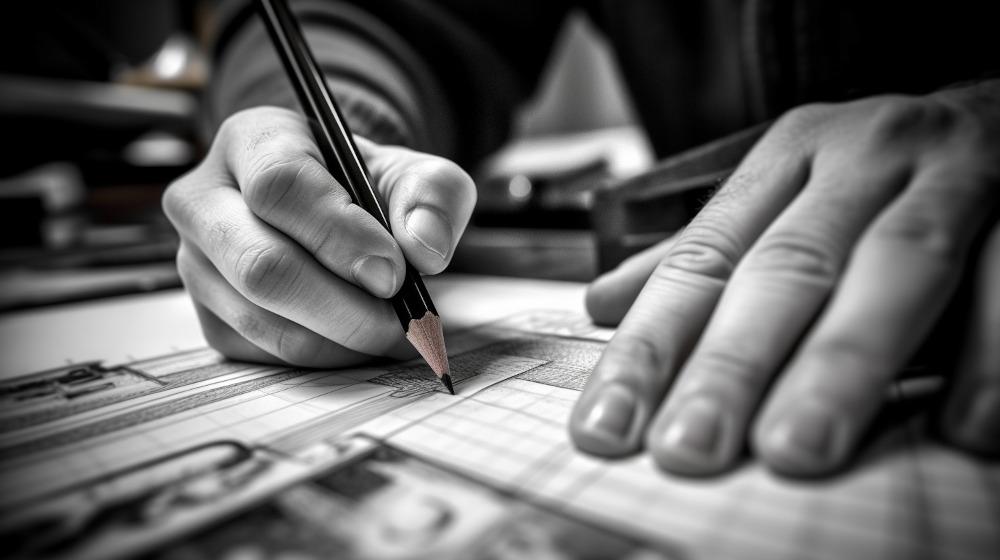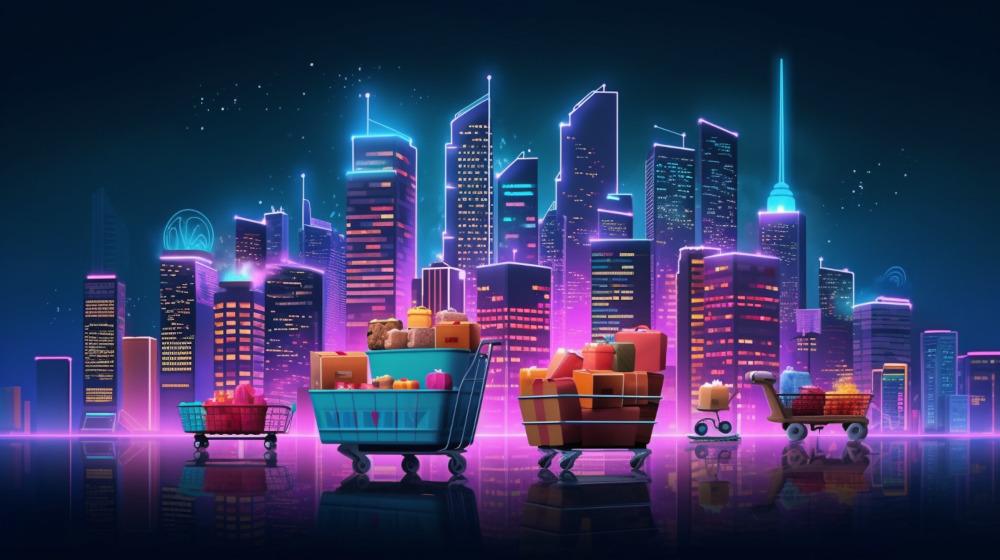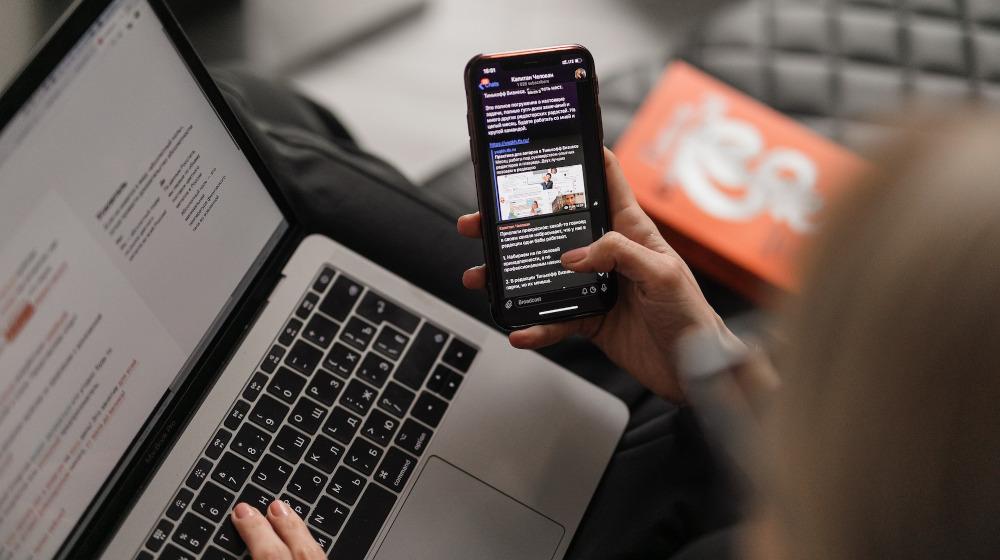The vast reach of the Internet has made our big wide world feel more like a small local village. In your village, you can navigate and benefit from the vast amount of information it has. The Internet has become the great encyclopedia which gathers research from various fields in various fields and acts as a source of educational material, providing endless lessons and courses that allow us to develop our skills, within the labor market and continue learning parallel to its developments.
As many speak of connectivity, smart devices, and real-time data mining, the term Internet of Things (IoT) appeared as a concept at the forefront of all news about 20 years ago. What do we mean by IoT? Does the development of the Internet stop at this point, and can this amount of information be used and linked in other ways to facilitate human life?
IoT: what does it mean?
Internet of Things (IoT) is a term coined recently to describe the future of the Internet and its relation to the technological development of devices. It means connecting electronic and smart devices on the Internet and allowing users to access and control them through the Internet with minimal time and effort.
In short, this means a revolution in developing traditional devices currently used to turn them into smart devices that can be controlled remotely.
But, how is the Internet used to connect devices? How will it provide optimal utility for users? How will it make their lives easier?
Many questions revolve around IoT’s development, however, we can tell you that there are a lot of IoT applications around us right now. We see smart cities, smart homes, and even in health care, many technological health inventions help people pay attention and maintain their health. One of these inventions is the smartwatch that measures vital functions such as pulse speed, and blood pressure. These results can be sent periodically to your certified doctor, whose program analyzes these results and sends them to you in an email!
On the other hand, and in an emergency, the smartwatch can call the nearest hospital for urgent cases. It informs about your location to help the medical ambulance teams reach you as soon as possible!
All of these applications are mere examples that reflect how our life will look like in the future with the IoT revolution we are witnessing today. How will consumers, marketers, and companies benefit from this technology in the future?
Internet of Things (IoT): How will our life look like in the future?
Although most of us do not have a smart home, IoT applications have become very popular. According to a study conducted by the IEEE International Conference on Consumer Electronics (ICCE), the number of devices connected to the Internet is expected to reach 50 billion by the end of 2020. Experts estimate that the number will increase to 200 billion devices by the year 2025. This means that the number of Internet users and devices associated with the Internet is constantly increasing. And that our relationship with things will change and communication methods between humans and devices will become more intelligent.
The Internet's traditional view is the environment preparing people to connect quickly regardless of the distance. With the IoT, this view will change. Instead, the Internet will become the platform for networking. With these developments, smart devices that humans utilize and interact with daily will communicate with each other under a learning process called Machine-to-Machine.
Some companies have realized the concept of the IoT and have developed their devices and services to match the future of technology. For example, we see the car manufacturer Audi has put forward a test car that ran 550 miles alone without human driving input. This experiment is based on artificial intelligence, which prepares the car to control the driving intelligently based on accurate calculations.
There are many applications in various fields of life, whether in the medical field or home appliances (smart homes) or even at the level of cameras, which will be able to intuitively know the right time to take a picture for a variety of occasions.
Smart devices will gather information, analyze it, produce results, and give orders accordingly in a better and faster way to facilitate human life. Investing in the IoT for companies will be necessary because of the advantages and features that will help them grow, develop, and innovate.
What are the advantages of using IoT for companies?
The most important advantages that you will get as a company from using the Internet of Things are the following:
- Providing better services to customers: Companies and producers will collect significant information about consumers' habits, behaviors, and problems they face in any of their services. They will then be able to analyze this information and produce services that meet the customers' aspirations and desires or tailor special offers based on the needs of customers. Thus, providing better services to customers and gaining their satisfaction.
- Improving corporate performance and workflow: with IoT, its operations management will become easier and more organized. The production of new services and the response to market requirements will be faster than before due to the ease of obtaining and analyzing information.
- Improving customer acceptance of the products offered: companies will cooperate to produce integrated services while preserving each company's rights and profits to improve the customer's experience in using the products.
- Increase the effectiveness of marketing campaigns and achieve high sales results: The opportunity to understand the customer and its accessibility will increase, especially with modern ideas and mechanisms for marketing and the creation of many attractive and enjoyable services.
As with any significant technological development, the result can be a double-edged sword. As it has the positives, it has also negatives, and will come with a number of challenges. What are the concerns and challenges that may arise from using the Internet of Things?
What are the fears and challenges of IoT?
There are many concerns about how to relate things on the one hand and to coexist with them, especially with this momentum in the transfer of information and interference with a consumer's personal life. Some of these concerns or challenges are:
- Monopolizing the association of some devices with other specific devices: making it necessary for the consumer to associate with one company without the other, which will make the cost of changing to another company very high.
- Confidentiality of information and protection from penetration: this development will allow access to information about people's personal lives. life. With smart devices linked to human privacy through the Internet, it will make life a fertile environment for hackers to obtain important information about people or companies and expose them to danger.
- Getting rid of the human workforce: with the presence of this type of smart device, companies could dispense with traditional manual work methods, which will lead to reducing a large number of human workforces and replacing them with the IoT.
- The increase in social distancing: the greater the dependence on devices, the less dependence and interaction with humans. Each person will have his own surroundings, isolated from sensory contact with others. Communication will be limited to the electronic world, as we are now on social media.
Many experts warn against total reliance on technology due to its negative effects on human lives. We cannot fully predict what our lives will be like in the future. Only theories and hypotheses on how the future will look and how they can be applied - it may need long periods of time to be in place. However, I am sure that it will have a great impact on human life in various fields. And many qualitative technological developments will occur in the next decade.
